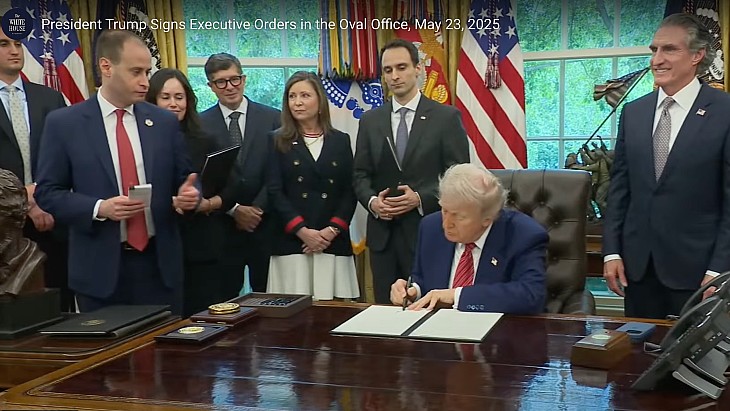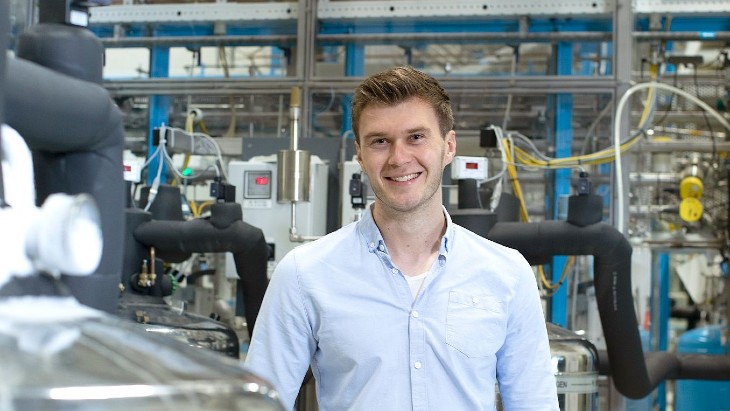PSEG applies for ZEC extension
.jpg)
New Jersey passed the Zero Emissions Certificate Law in May 2018, enabling the state to recognise and compensate eligible nuclear power plants for their zero-carbon attributes and contribution to fuel diversity. On 18 April 2019, the New Jersey Board of Public Utilities determined that the single-unit Hope Creek and the two units at Salem were eligible to receive ZECs from that date to the end of May 2022.
"As a result, New Jersey has continued to benefit from the air quality, fuel diversity and energy resiliency delivered by the plants. PSEG now is applying for a three-year extension of the ZEC program," the company said.
However, since the first ZEC eligibility period began, power markets have deteriorated significantly and the financial needs of New Jersey's nuclear plants have continued to grow.
"Once again, revenues are predicted not to cover the costs and risks of running the plants. PSEG has introduced efficiencies at the plants while recognising the mandate of maintaining safe and reliable operations. However, these efficiency gains have not been enough to offset the decline in revenues caused by lower-than-predicted market prices," the company said.
It added: "Nationwide, nuclear plants continue to struggle economically to survive. Since 2018, three nuclear plants have closed in the eastern US, all for economic reasons, and the impact has had a ripple effect. If New Jersey's nuclear plants were forced to shut down, as well, the carbon-free energy they produce would primarily be replaced by existing fossil resources. The increased fossil generation would cause an immediate increase in carbon emissions, reducing air quality and working against the state's long-term clean energy goals."
PSEG had previously filed deactivation notices for the plants, but withdrew these when the ZECs were awarded.
Rick Thigpen, PSEG's senior vice president for Corporate Citizenship, said: "Nuclear energy already is New Jersey's largest source of carbon-free electricity. No other energy source currently comes close. We want to continue to partner with Governor Phil Murphy and other state leaders to ensure that New Jersey's nuclear plants are able to continue generating electricity - while producing zero-carbon emissions - long into the future."
Maria Korsnick, president and CEO of the Nuclear Energy Institute, said the USA is at a "tipping point" with states determining their clean energy goals yet markets are falling short of valuing the benefits of carbon-free sources like nuclear energy.
"Strong policies that support the crucial role resilient and reliable, carbon-free nuclear energy brings to our nation’s infrastructure are essential in meeting our energy needs and climate goals," she said. Nuclear plants across the country remain at risk of closure as they continue to face economic challenges, she added. "Today, as PSEG submits its application, NEI strongly believes New Jersey is making a prudent investment to help achieve its clean energy future through its ZEC programme."











